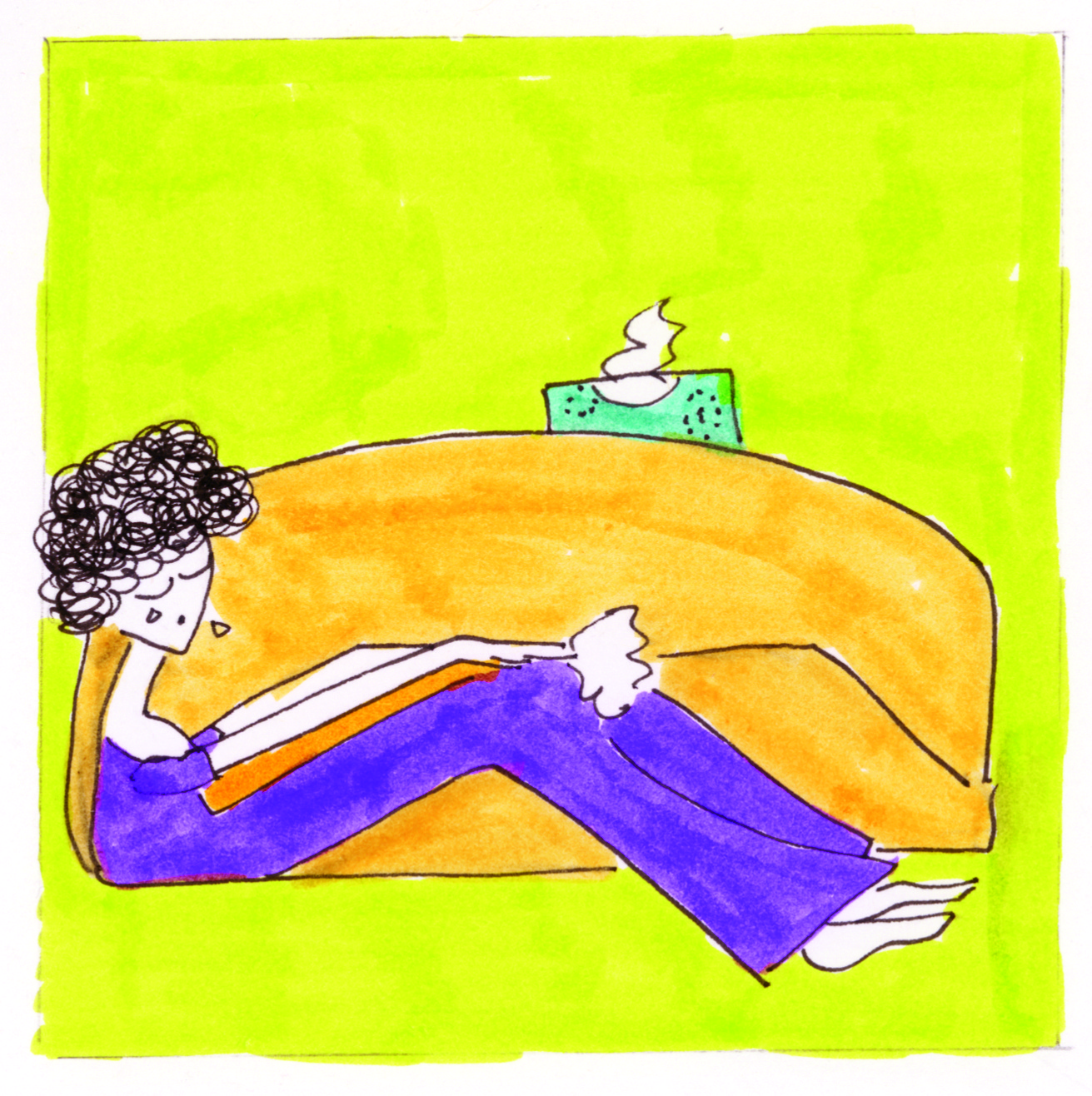
Analyze THIS
Why Do Therapy and Jewish Women Go Together?
What Jewish Women Dislike about Themselves (and Me)
Laura Brown, clinical psychologist, Seattle*
I have to say that Jewish, female clients definitely bring out something different in me. I have to work hard at this “how-is-this-person-not-like-me” challenge. In the beginning, I was surprised by the degree to which other Jewish women felt alienated from Jewish culture; I myself had such a positive Jewish experience, with education and powerful women role models. I hadn’t appreciated how unusual this was. Therapy is not as Jewish a profession in Seattle as it was in Cleveland, where I grew up, so discovering a quite non-Jewish psychotherapy community was a big surprise.
The clients for whom my Jewishness has been most salient and powerful have not been Jews. On the ground here in Seattle, Jews are a little scarce; many people have had little to no contact with a Jew until they walk into my office. Because I can offer an alternative to dominant (a.k.a. Christian) norms for, say, forgiveness, conflict or grief, I can illuminate different ways to be in the world. Clients find this valuable. At times I’m seen as the exotic “Other,” but such are the vicissitudes of transference.
I think that internalized sexism affects some of my Jewish female clients’ ability to bond with me; they don’t like themselves for being or looking like a Jew, and I am not only very overtly a Jew culturally and intellectually, but I’m also a physical prototype, zaftig with curly, wild hair. I represent what Jewish women dislike in themselves. I then struggle in myself to have compassion for their negative stereotypes about Jews and Judaism, and this plays out in the therapeutic relationship.
At age 9, I decided to become a psychologist, and in my case the stereotype of difficult families spawning good therapists was painfully true. I was the oldest child, the only daughter of a very depressed woman. Her gender and mine had a lot to do with my career choice.
As a client, I’ve only had one Jewish therapist, a male with a nasty “Jewish mother” countertransference who was undermining in very destructive ways. I’ve run into this a lot with Jewish male therapists being much more competitive with powerful Jewish women. My other therapists have been non-Jewish women. One in particular, a child-refugee from Cuba, really understood issues of exile and alienation — from both the dominant culture and one’s own — and she was able to connect with me around how being a Jew is so important to my sense of self.


